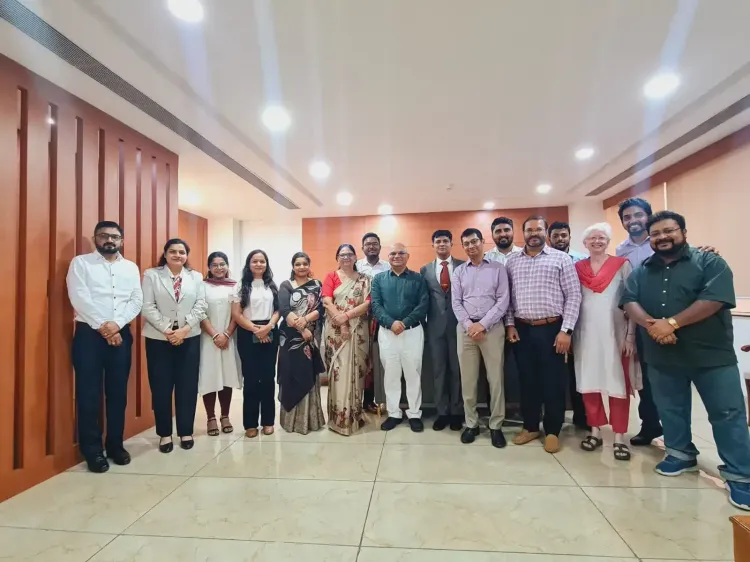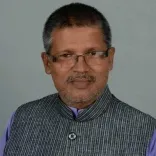How Does NCSSR Aim to Enhance Ethical Standards in Sports Science Research?

Synopsis
Key Takeaways
- The IEC aims to formalise ethical practices for research in sports science.
- Discussions included standardising ethical protocols and safeguarding participant welfare.
- Key focus areas involve informed consent and data protection.
- Establishing strong ethical oversight is crucial for interdisciplinary projects.
- The IEC will integrate ethical reflection at all stages of research.
New Delhi, July 23 (NationPress) The National Centre for Sports Science and Research (NCSSR), a key initiative under the Sports Authority of India (SAI), held its first Institutional Ethical Committee (IEC) meeting on July 18 at the SAI Head Office located in Jawaharlal Nehru Stadium.
This pivotal gathering signifies a crucial step towards establishing ethical standards for scientific research involving human participants in the realm of sports and related sciences.
Under the leadership of Prof. Jugal Kishore, a Director Professor and Former Head of Community Medicine at Vardhman Mahavir Medical College & Safdarjung Hospital, the meeting convened esteemed committee members from top institutions and government agencies.
Topics of discussion included the need for standardised ethical protocols for research approvals, the protection of participant welfare, and the assurance of scientific integrity throughout all NCSSR research projects.
“The formation of the IEC underscores our steadfast dedication to maintaining the highest ethical standards in sports science research. This committee is set to play a crucial role in ensuring transparency, accountability, and participant safety in all scientific efforts under NCSSR,” stated Vishnu Kant Tiwari, secretary (SAI).
Brig (Dr.) Bibhu Kalyan Nayak, Director of NCSSR, who serves as the member secretary, highlighted the necessity for strong ethical oversight as the center embarks on various interdisciplinary research projects.
“Our goal is not solely to advance sports science but to do so in a responsible and ethical manner. The insights gained from this inaugural meeting will lay the groundwork for our future initiatives,” he remarked.
During the session, the committee examined protocols for research project submission, assessment, and monitoring, while addressing legal and ethical considerations pertinent to studies involving athletes and human subjects. Key issues discussed included informed consent, data protection, and the long-term consequences of research on athletes' health and performance.
“Ethical examination is vital in research involving human subjects, particularly in sports science, where both physical and psychological aspects are involved,” Prof. Jugal Kishore noted. “Our function as an ethical committee is not to obstruct research but to ensure it is conducted with dignity, care, and accountability.
The IEC's mandate will be key in guaranteeing that all NCSSR projects adhere to national and international ethical guidelines. The committee reaffirmed its shared commitment to promoting a culture of ethical excellence and scientific rigor.
The meeting concluded with a collective resolution to incorporate ethical reflection into every phase of research—from planning and approval through to execution and publication.








